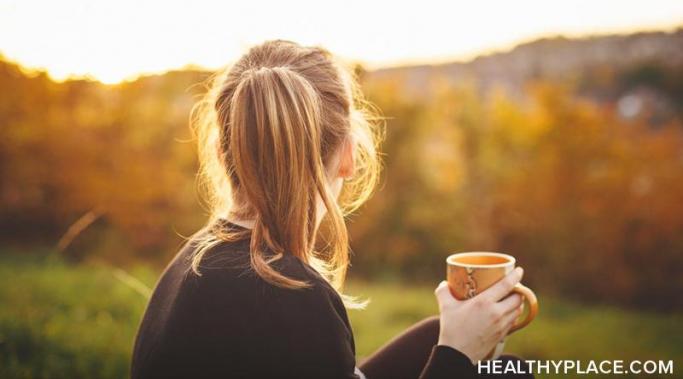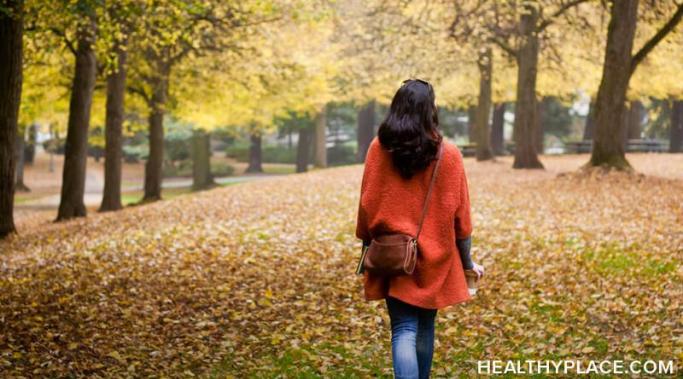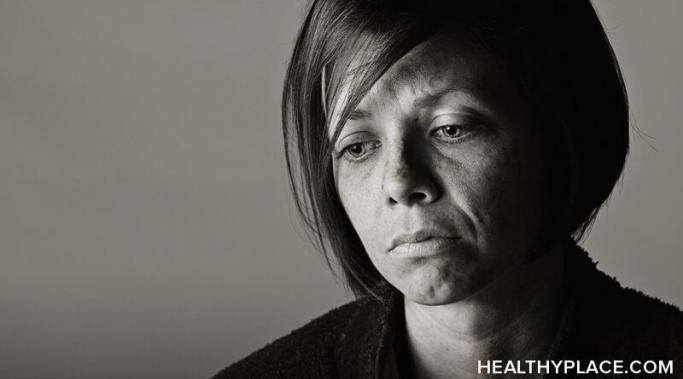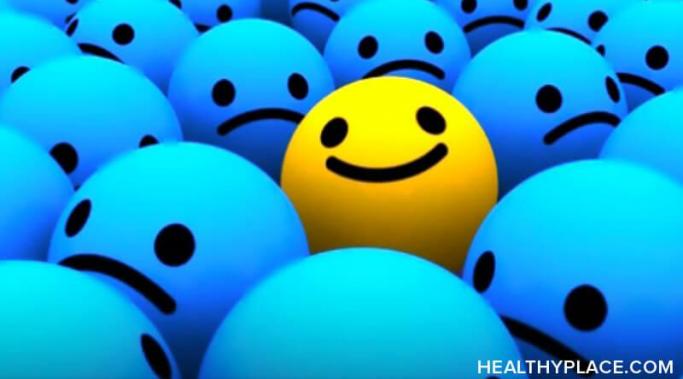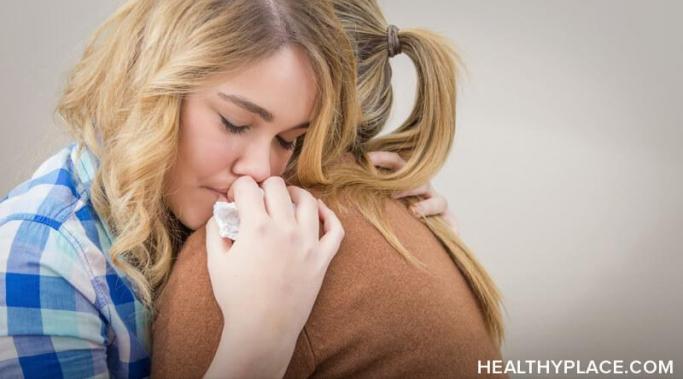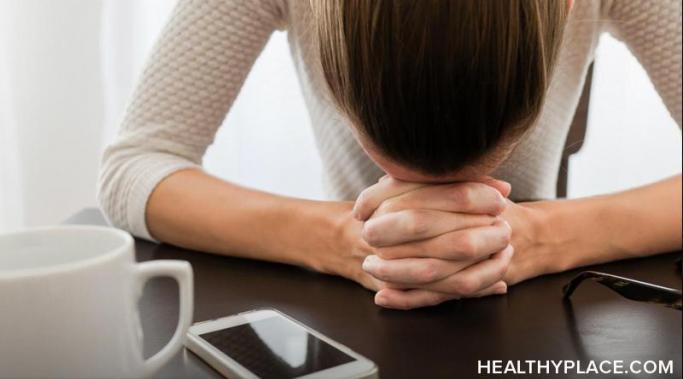Having a structured and strategic morning routine helps me cope with anxiety and anxious thoughts. Starting the day on a positive, calming note sets the tone for the rest of the day. I incorporate specific practices into my morning routine to feel less stressed and happier. Here's how my morning routine helps my anxiety.
Anxiety and Depression
I have experienced anxiety and loss. It's been about five years since the loss of my father, and this year, I've been reminded that grief takes its own route and doesn't operate on a schedule -- particularly with regard to anxiety and loss.
Anxiety can be related to the season. When I was younger, I remember that when summer started to turn into fall, the days ended, and nights started earlier, and the weather began to get cooler, I would experience a change in my mood that I now recognize was related to my anxiety. I would often find that I felt down and unsettled, and this overall feeling of discomfort that I sometimes couldn't attribute to anything in particular. I didn't realize that the season changes contributed to my anxiety.
When you struggle with anxiety, it is sometimes inevitable that you will also cope with depression. The constant worry, the feelings of insecurity, the fears, feeling overwhelmed, and most noticeable for me, the feelings of exhaustion from the anxiety -- all of these things can lead to suddenly feeling down. What has concerned me about this in the past has been that if I feel down and continue to feel this way, the depression may become severe to the point that it is difficult to pull myself out. So I've had to be mindful of taking care of myself in order to avoid anxiety becoming depression.
When you deal with anxiety, it's hard to stop yourself from also feeling sad and hopeless. There are a few reasons for this, and for myself, I've found that this has happened to me because dealing with constant anxiety can be extremely exhausting. But I've also found that this has happened to me because the overwhelming feelings and constant worry that go along with anxiety are negative feelings by nature. It's hard to feel positive feelings about anything when you're overcome with anxiety. (Note: This post contains a trigger warning.)
I've learned how to self-care in 30 seconds or less because the last few months have been really hectic for me. I've been getting up to speed on several projects in my Ph.D. program, learning new statistical techniques, keeping up with coursework, and it's been really tough to build in time to focus on my own wellbeing. For me, it's been difficult having most of my work time at home because I really like working in a designated workspace and just using my home as a place to relax, so having my work and relaxation spaces completely overlap has made it even more difficult to create a space for self-care for 30 seconds or any other length of time.
This past year was extremely difficult. Many good things happened throughout the year, but my family and I also went through some tough times. As so many recently have, we experienced loss. As a result, I would be remiss if I did not talk about how grief has impacted my anxiety and vice versa. Experiencing loss has made me stop to think about the emotional journey of grief. Furthermore, experiencing loss and the process of grief has taught me how to cope when enduring a deep ocean of emotions, which can be difficult to surface from.
Lately, I have been thinking about what it looks like when someone experiences mostly invisible illnesses, like anxiety and depression, and feels suicidal. Depression and anxiety are not always visible. People have expressed to me their surprise that I have dealt with chronic anxiety for a long time. But it's true, and I guess at some point I became really good at always acting like everything was fine. (Note: this post contains a trigger warning.)
Is anxiety affecting your concentration? If you suffer from anxiety, you likely know that a common anxiety symptom is difficulty in concentration. Anxiety can send us into a true tailspin of disruptive and irrational thinking that can affect our ability to focus.
I experience seasonal anxiety, so naturally I expect it--but never as soon as it appears. Today I peered out the window, and there it was. A wave of anxiety rolled through my body. It was a familiar jolt that reacted to a common anxiety trigger—a cold, blustery day with a sky darker than my favorite charcoal gray t-shirt. Autumn is here and winter is coming. Naturally, seasonal anxiety is too.
